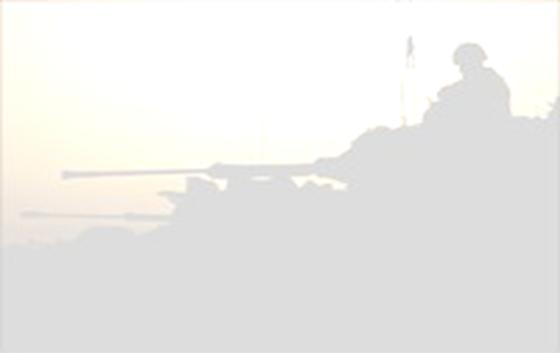Under-reporting of British Wounded Revealed by Dissident Soldiers
From The Independent: 'Serving British soldier exposes horror of war in 'crazy' Basra'
A British soldier has broken ranks within days of returning from Iraq to speak publicly of the horror of his tour of duty there, painting a picture of troops under siege, "sitting ducks" to an increasingly sophisticated insurgency...Pte Barton felt so strongly that he telephoned his local paper, the Tamworth Herald, to speak of the "side you don't hear".
The regiment lost one soldier, Pte Johnathon Wysoczan, 21, during its tour, but 33 more were injured. "I was the first one to get to one of the tents after it was hit, where one of my mates was in bed. The top of his head and his hand was blown off. He is now brain damaged.
"We were losing people and didn't have enough to replace them. You hear about the fatalities but not the injuries. We have had four who got shot in the arm, a bloke got blown up twice by roadside bombs and shot in the neck and survived."
For the full article go here
Best of the web
- Migliori Siti Di Poker Online
- Casinos Not On Gamstop
- Non Gamstop Casino
- UK Casinos Not On Gamstop
- UK Casinos Not On Gamstop
- UK Casinos Not On Gamstop
- Casino Non Aams Italia
- Meilleur Casino En Ligne
- τα καλυτερα Online Casino
- Casino Not On Gamstop
- UK Online Casinos Not On Gamstop
- Gambling Sites Not On Gamstop
- Casino En Ligne France
- Trusted Non Gamstop Casinos
- UK Casinos Not On Gamstop
- UK Casino Not On Gamstop
- UK Casino Not On Gamstop
- Siti Di Scommesse
- Non Gamstop Casino Sites UK
- Non Gamstop Casino
- Online Casino Nederland
- UK Casino Sites Not On Gamstop
- Lista Casino Non Aams
- UK Online Casinos Not On Gamstop
- Casino Non Aams Sicuri
- Casino Online Non Aams
- Siti Casino Online Non Aams
- Bitcoin Casino
- Meilleur Site Casino En Ligne Belgique
- Meilleur Casino En Ligne
- Paris Sportif Ufc Mma
- Meilleur Casino En Ligne 2026
- Meilleur Casino En Ligne
- Meilleur Casino En Ligne
- Free Spin Senza Deposito Immediato
- Free Spin Gratis Senza Deposito
- Nuovi Casino Online
- Casino Online Sicuri
- Best Crypto Casino
- Casino Online Non Aams


